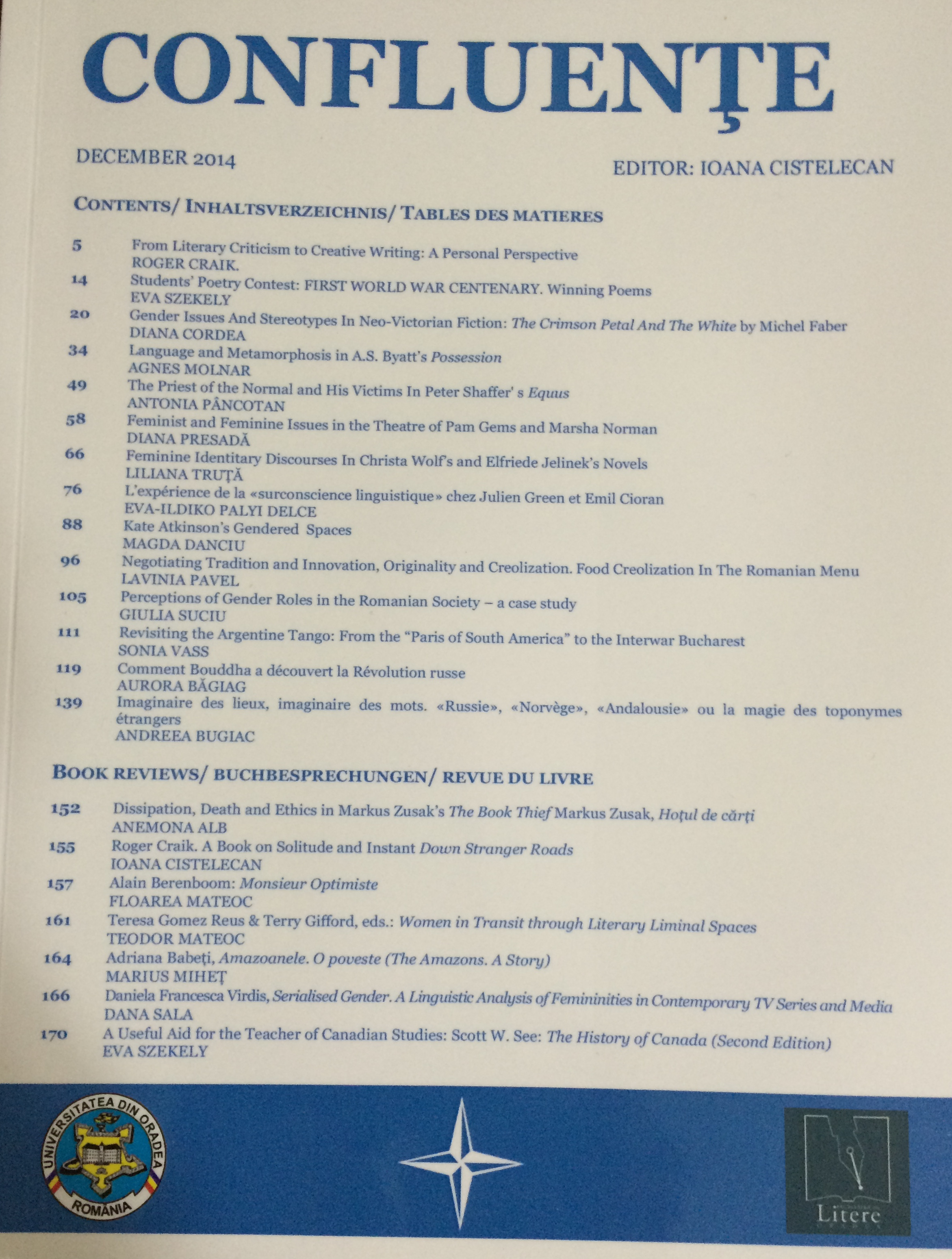Author(s): Marina Blagojević-Hughson,Mirjana V. Bobić / Language(s): English
Issue: 148/2014
Democratization of gender regimes has been taken as one of societal causes of ’ongoing and universal’ Second Demographic Transition (SDT), [Lesthaeghe 2010]. The question whether it is present in countries of ex-socialism or not is a frequent matter of debates and ’crisis argument’ is referred to when assessing whether it has been delayed, postponed or running in a specific manner [Höhn, et аl. 2008; Sobotka, 2008; Bobić 2014]. This paper, however, argues that this mainstream theory seems inadequate when it comes to demographic and social changes of Balkan countries, Serbia in particular. Thus it should be complemented or even replaced by more suitable paradigm of semi-periphery.After discussion of this novel approach and macro perspective, we will particularly focus onto micro level analysis, i.e. family relations through the lens of gender and individual agency [Blagojević 2009, 2013; Bobić 2014], due to their profound effects on persistent low fertility and rising childlessness. Our goal was to trace ongoing and gradual transformation from so called ’traditional model’ to greater gender empowerment and emancipation. Decline of and resistance to the women’s ’self-sacrificing micro-matriarchy’, observed and broadly investigated in state socialism [Blagojević 1994, 1997] is taking place among younger generations, middle and upper educated groups being forerunners. This shift is reflected, inter alia, in increased males’ participation in parenthood and care, though crisis of masculinity is also observed at the semiperiphery. Specific societal setting, although unfavourable when it comes to opportunities of expanding of personal and social resources (including strengthening of networks, increasing of quality of everyday life and broadening of choices), paradoxically encourages egalitarian practice in everyday life, through exchange and cooperation among men and women but as a part of ’survival economy’. This less visible and slow ’bottom up’ social change awaited for ever since the end of 1980s is, seemingly irreversible, yet troublesome. We deem this practice of collaboration and mutual support in privacy as highly conducive for rising egalitarianism although there are still prominent asymmetrical attitudes in public discourse related to gender roles, paid work, care and career. Theoretical and policy implications of such developments will also be discussed in the paper.
More...











